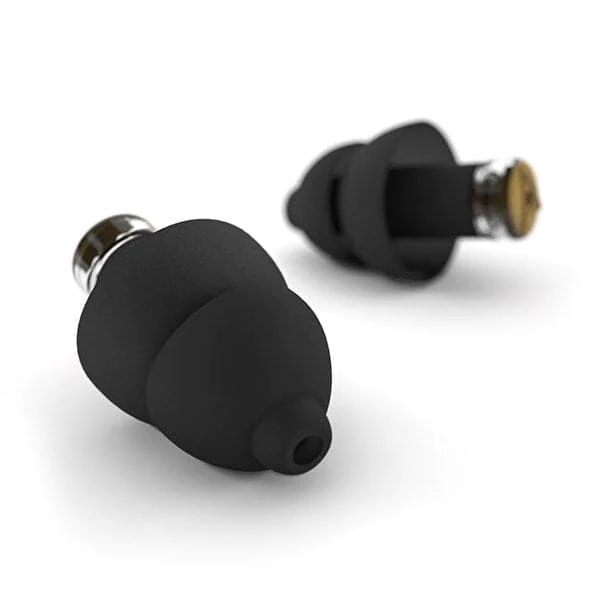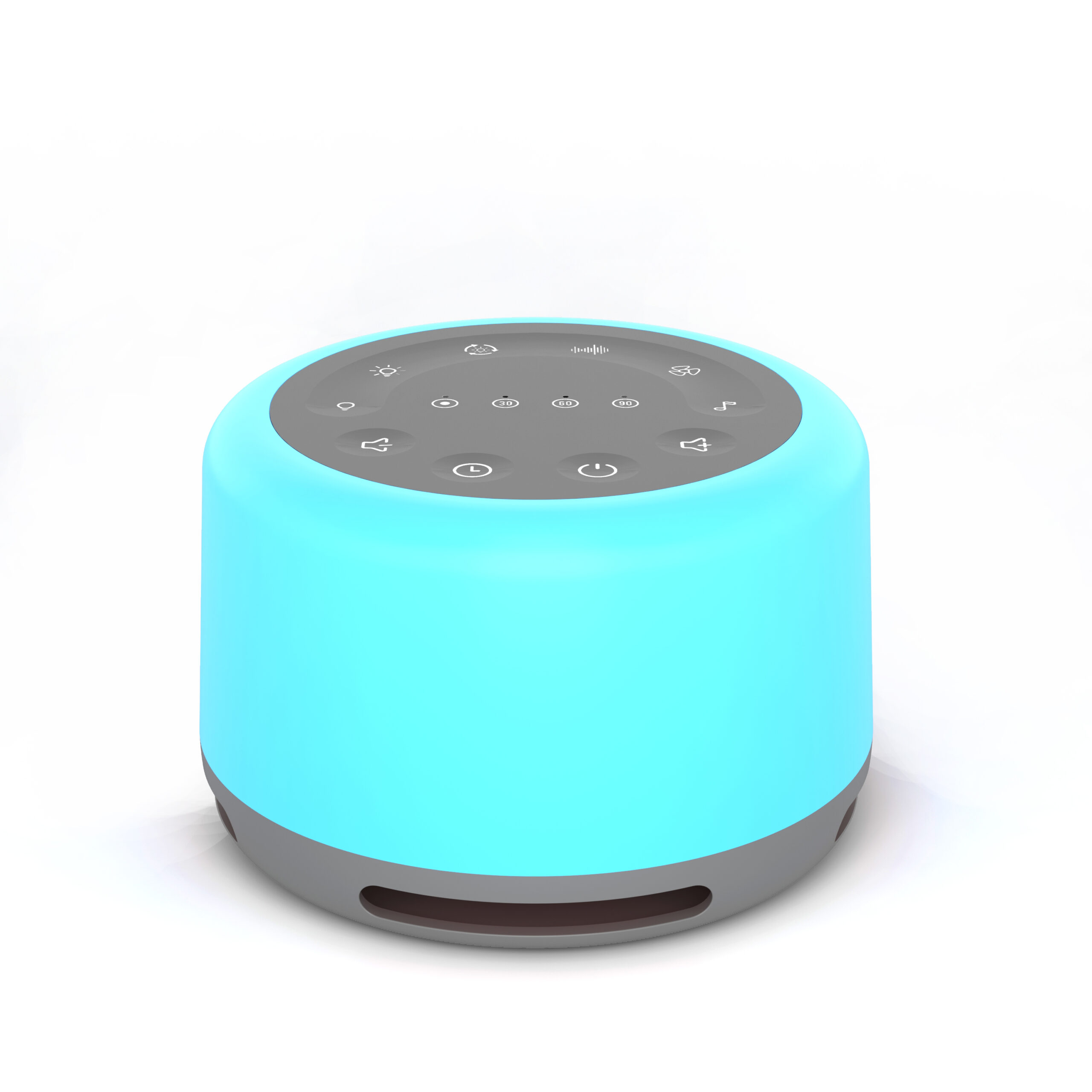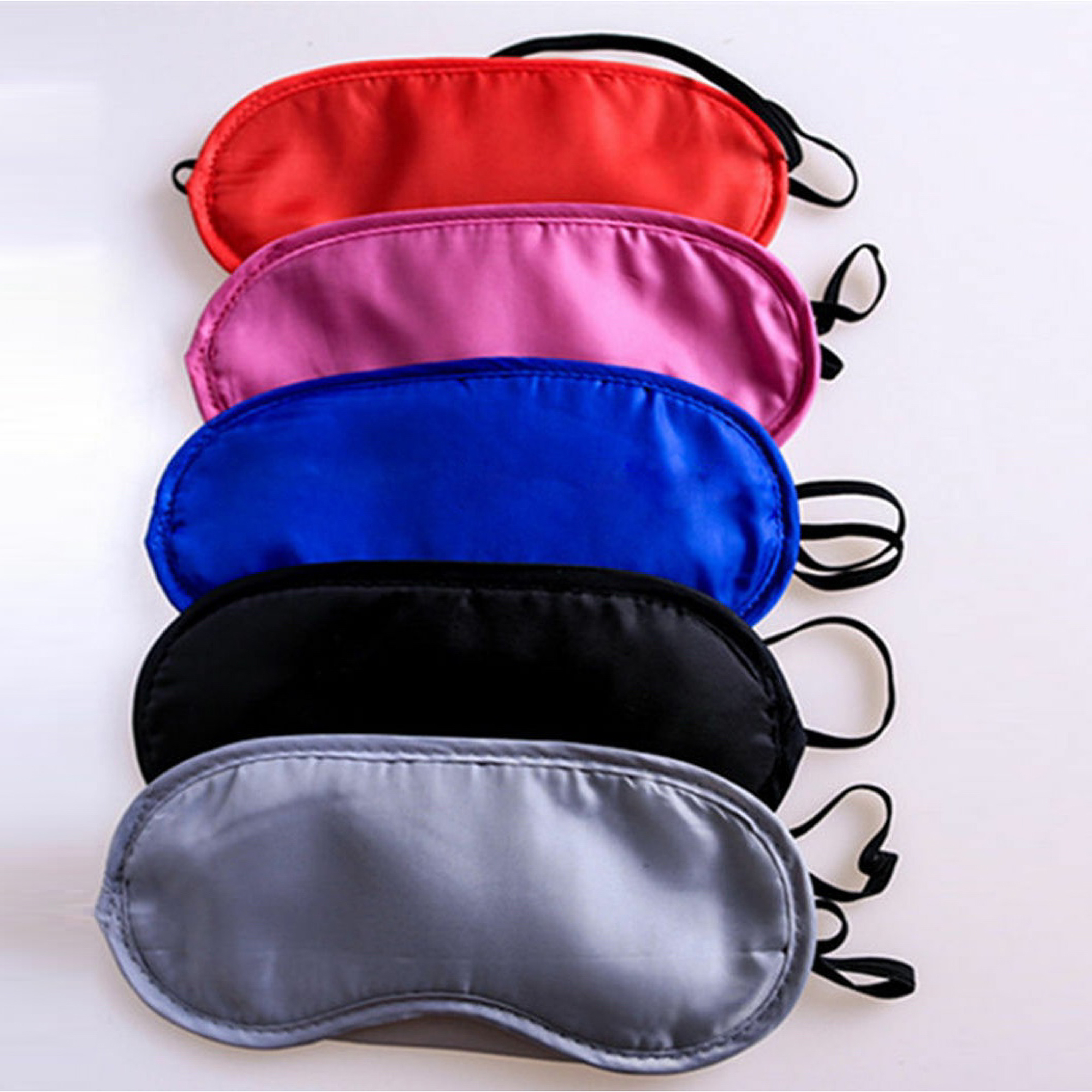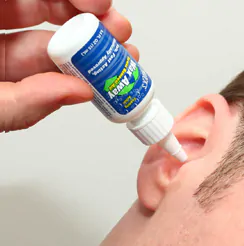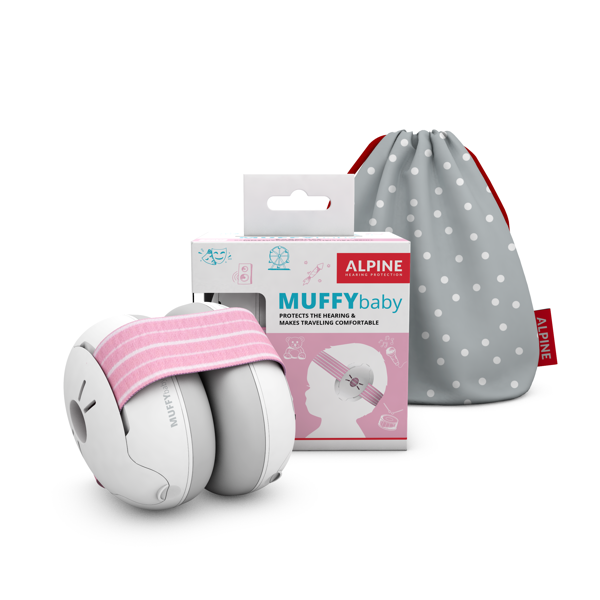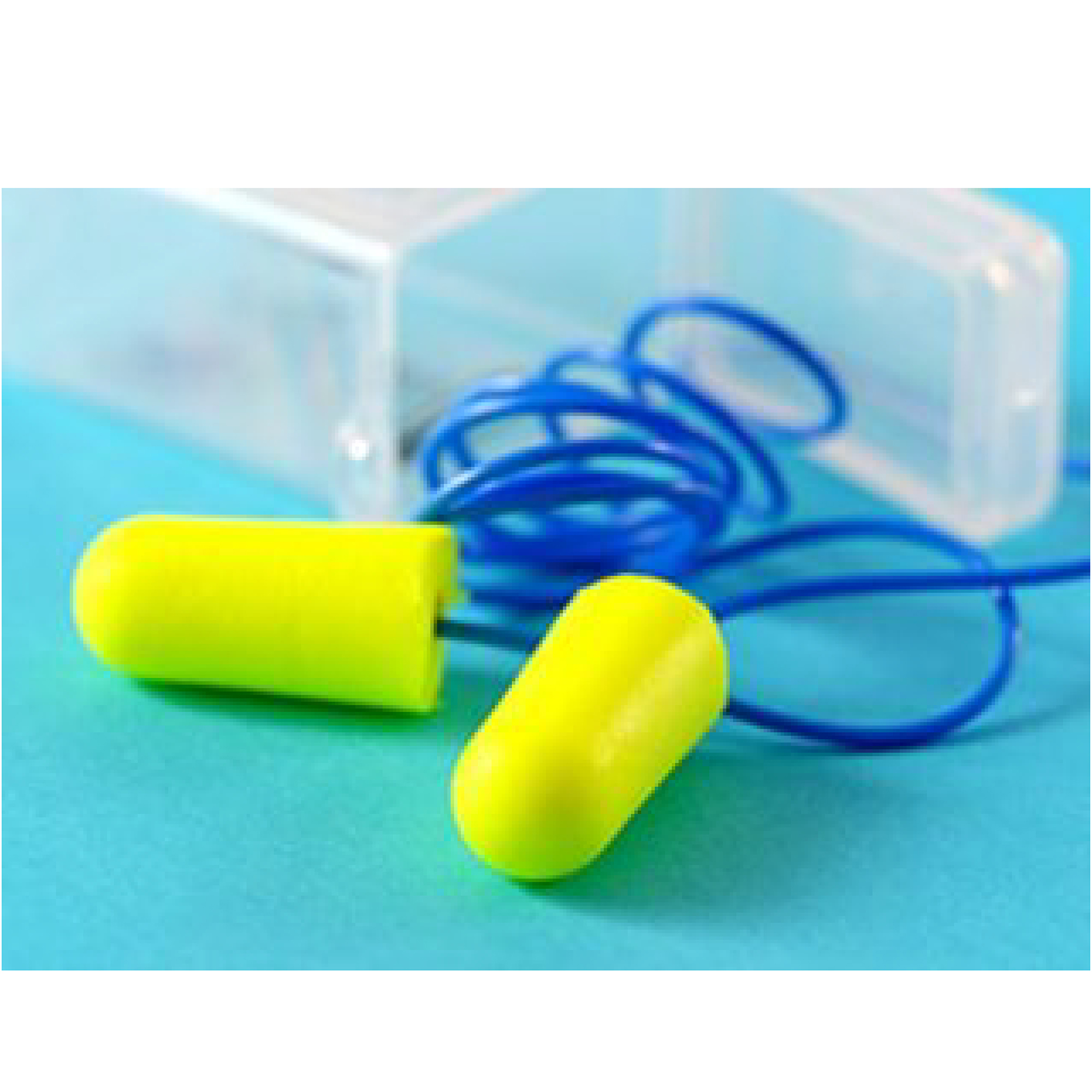Blog
The Impact of a Noisy World on Our Hearing, Especially for Children
- TAM SPARKES
Table of Contents
Have you ever stopped to think about how loud our world is getting and wondered what impact it has not only on our ears but also on our children’s hearing?
Imagine this situation: you are cooking in the kitchen, and you have the blender and the dishwasher going. The television is on while the kids are playing on their iPads, listening to music, or playing video games. Your phone rings, you answer it, and you try to turn up the volume to hear the person on the other end, only to discover it is already switched to full.
Argh, some of us don’t have to imagine it because this is what we hear in our homes often. We can help limit noise exposure and, of course, protect our ears! Why wouldn’t we? After all, they are the only ones that we’ll ever get!
How often do you wish you had a magic volume control so that you could turn down the noise?
My children laugh at me when I turn off the radio when we are driving in the car so that I can concentrate on the traffic! We’ve all been there, right?
NOISE ARGGGHHHH!!! We’ve all been there before, and we wish we could have a big control knob on the volume of life! How good would it be to flick that switch when the noise gets a bit too much?
Recent research shows that the amount of noise in a kid’s world can cause stress and make us behave negatively. It makes us less sociable, less helpful, and less approachable if we’re in a noisy setting.
Adverse Health Effects of Noise can pose a serious threat to a child’s physical and psychological health, including learning and behavior. For example, noise can interfere with speech and language. Repeated exposure to noise during critical periods of development may affect a child’s acquisition of speech, language, and language-related skills, such as reading and listening. IMPAIR LEARNING. The inability to concentrate in a noisy environment can affect a child’s capacity to learn. IMPAIR HEARING. Tinnitus, often described as a ringing or buzzing sound in the ear, is a symptom associated with many forms of hearing loss. NIHL is a permanent hearing impairment resulting from prolonged exposure to high levels of noise or sudden, high-level (impulse) noise. Outer Ear Middle Ear Inner Ear Earrum Ear Canal Middle Ear Cavity Hammer (Malleus) Semicircular Canals Eustachian Tube Cochlea Anvil (Incus) Stirrup (Stapes) Disrupt the cardiovascular system. Elevated blood pressure and other cardiovascular ailments can be found in children who are chronically exposed to loud noise. DISRUPT SLEEP. Noise can awaken a child or disrupt his or her sleep patterns

The Sleep and Sound earmuffs have been specially designed to protect your little ones' hearing and to provide an environment of calm in their noisy world. Hearing protection for our little ones is imperative! When exposed to sound that is too loud, children can have difficulty sleeping, they can have trouble concentrating, and they can become stressed or anxious.
Protect their ears!
Could these things be hurting your children's ears?
Could these common sources of noise be doing your child’s hearing harm?
Leaf Blowers
Stereo’s In Cars
Home Entertainment Systems
Movie Theatres
Drilling, Sawing, or Sanding
Sports Stadiums
Firework Displays: Ekkas, Shows, Parades, Fairs, etc
Music Festivals and Concerts
Car, Monster Truck & Motorbike Events
Have you ever taken your child to an Australia Day parade? Gone to pay respects at an Anzac Day procession? Did you know that certain percussion and brass instruments can reach levels of 140 decibels at close range?
When you take your child to their favorite music concert, yes, even the Wiggles... Were you aware that these fun activities can expose your child to noises that remain at a fairly constant level of 110 decibels?
If you add to that excitement, screaming fan noises can soar to a damaging 120 decibels! To put things into perspective. 120 decibels is actually around the same level of noise as an ambulance siren.
![]()
Some children are more sensitive to sound and noise, and they experience auditory sensitivity. They can find noisy environments overwhelming and become distressed, withdrawn, agitated, or frightened.
They can also experience sensory overload, which is when the brain becomes overloaded trying to process too many sounds and signals, and they find it difficult to filter out noise.
Auditory sensitivity or sensory overload can occur in a restaurant, café, shopping center, theme park, or any place where there are several noises for the brain to process and/or block out.
People who have autism spectrum disorder can frequently encounter sensory overload. We have found that blocking unwanted noise with either earplugs or earmuffs helps to create a place of calm for the person involved.
Many people find it productive to wear noise-blocking earplugs or earmuffs when they need to study, relax, and take time out from their noisy and busy day.
Noise-Blocking Earmuffs for Kids

These noise-blocking earmuffs are designed for use from 2 years and up, with a softly padded, comfortable headband that is easy to adjust. The ear cups have been designed with multiple layers of sound-blocking material and fit comfortably around the ears to provide the best seal against unwanted noise.
Protect kids against harmful noise and loud music; suitable for children above the age of 2
comfortable, soft headband adjusts to fit any child

Available in blue, pink, white/red, and black
Foldable, easy to clean; includes storage bag
Available in a Great Variety of Colors

Navy Blue with Navy & White Striped Headband
Aqua with Aqua & White Striped Headband

Light Blue with Black Headband

Black with Black Headband
Children and Hearing Loss
It is no surprise to us all that our children are exposed to way too much noise every day. The sad truth of the matter is that noise exposure, over time, can result in hearing loss.
The world is getting faster and much, much louder. As stated on the Australian Better Health site, "over 12 percent of American children aged between 6 and 19 years have hearing loss caused by noise, and the loss is permanent for around five percent of them."
Protect your little one’s ears today!
They're the only ones they've got!



